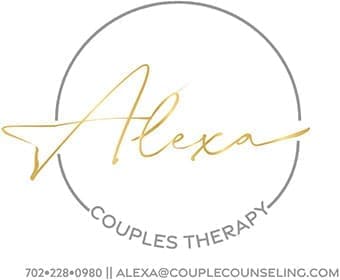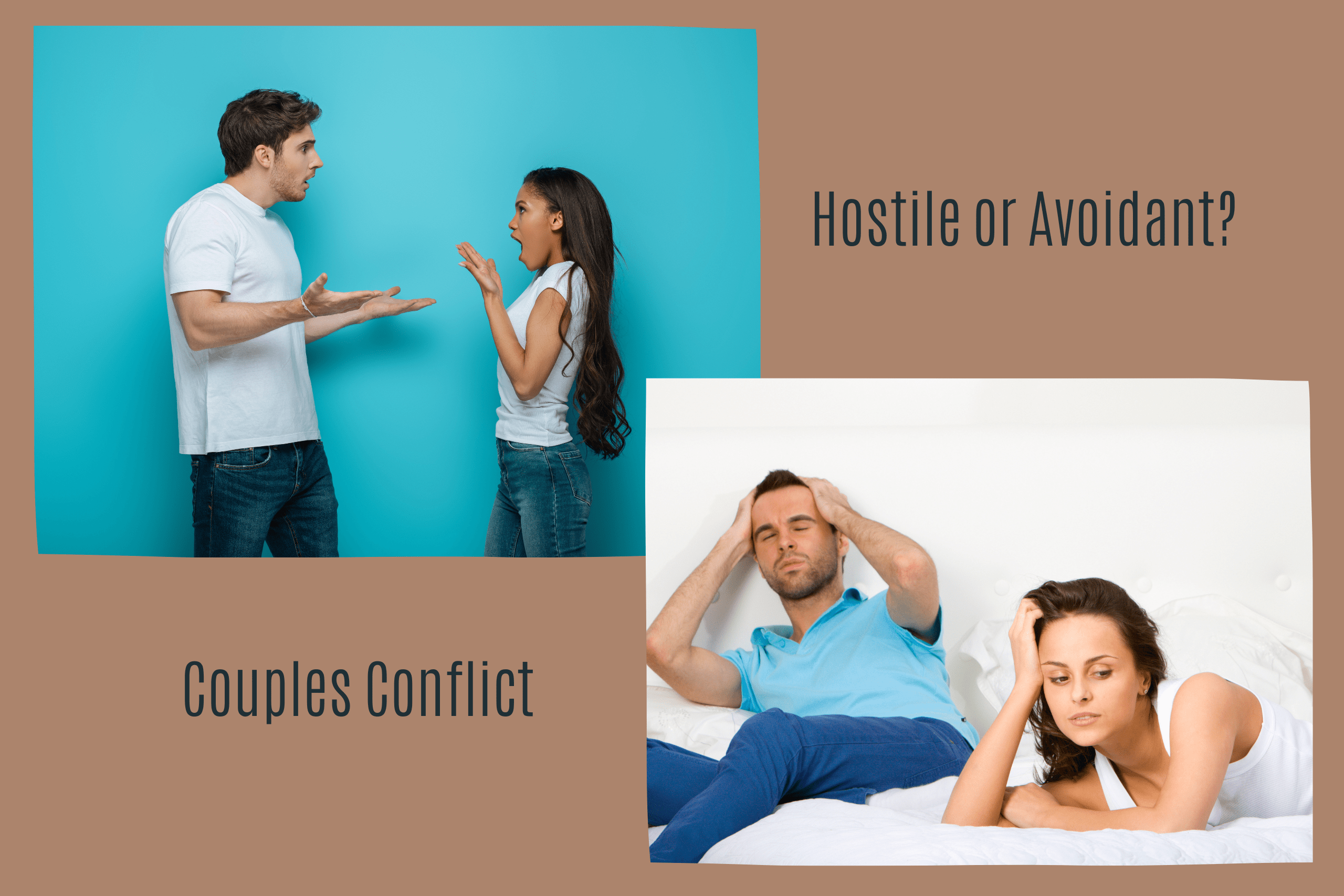I hate conflict, so I do whatever I need to make certain we do not have conflict….Why avoiding conflict is a problem…..” Without conflict, we do not have the truth.”
Humans as we are, conflicts are something we do not embrace well. We naturally tend to avoid them. It’s understandable – no one wants to engage in unpleasant arguments or face the potential consequences of conflict. But when it comes to relationships, avoiding conflict can actually do more harm than good. In fact, it can be a serious problem that can negatively impact your relationship in the long run.
When you constantly avoid conflict in your relationship, you’re essentially dodging the bullet and pretending that the issues don’t exist. This may provide temporary relief but doesn’t address the underlying problem. Over time, these unresolved issues can build up and create even more significant problems in your relationship. Eventually, they may even lead to resentment, anger, or frustration that can be difficult to resolve.
Additionally, avoiding conflict means you’re not addressing the truth. Conflict can be uncomfortable, but it’s often necessary to get to the heart of an issue and find a solution. Without conflict, you may never fully understand your partner’s perspective or how they truly feel about a situation. This lack of communication can create a rift in your relationship and prevent you from building the deep, meaningful connection you deserve.
So what can you do if you’re someone who hates conflict?
Understanding that conflict is normal is the first step.
Recognizing that conflict is a natural part of any relationship is important. It’s okay to disagree with your partner – in fact, it’s healthy to have different opinions and perspectives. Instead of avoiding conflict altogether, try to approach it constructively. Focus on finding a solution to the problem at hand rather than assigning blame or getting defensive.
Accepting that conflict is normal is not a sign that your relationship is unhealthy or hopeless. It’s often a sign that you deeply care for each other to work through your problems and differences. Many couples seek marriage and couples counseling to find solutions on how to work together effectively during conflict. When you try to work on resolving your issues in a more open and positive mindset, trust and intimacy are strengthened in your relationship.
Develop and practice active listening.
It is one critical skill to learn when dealing with conflict, especially when you’re the type who tends to avoid it. Active listening means entirely focusing on your partner and their perspective. It involves listening without interrupting, being defensive, or being judgmental. By actively listening, you can show your partner that you care about their feelings, and it also helps you understand their perspective better. This understanding helps in coming to a resolution that benefits both parties.
Initially, the goal is for each of you to be able to explain your thinking/perspective on the issue….
The Listener has to move into a mindset of, “I want to understand my partner’s view on this topic.” All those judgemental thoughts need to be put aside or you won’t hear what your partner is saying. The magic words in these discussions are, “Tell me more.” This invitation opens the door for both of you to feel valued and heard.
Active listening can be maintaining eye contact when your partner is speaking, not interrupting your partner when they’re talking, repeating what you heard, asking clarifying questions, and summarizing what you heard to ensure you’re on the same page. Practicing active listening is definitely a skill that would take your relationship to greater heights.
Compromise Willingly
Another key factor in dealing with conflict is to be willing to compromise. In any disagreement, it’s unlikely that one person will get everything they want. Relationships and marriages are not always having a whale of a time. Sacrifices are necessary to make. Learning to meet your partner halfway can help create a solution that works for both of you. Try to focus on the issue rather than taking it personally.
Being able to compromise means you are both mature enough not to win or lose but to find a way that benefits you and your relationship. A marriage counselor can help your marriage build skills that promotes cooperation and mutual respect.
Manage Your Emotions
When conflicts happen, emotions are also heightened. Learning to manage your emotions is another essential skill in dealing with conflict. Emotions can easily escalate during a disagreement, and keeping them in check is important to avoid further problems. Take a break, breathe, and cool off if you feel yourself getting upset. It’s also helpful to avoid discussing sensitive issues when you or your partner are tired or stressed. You must be aware of your emotions and understand what triggers them so you can effectively manage them.
Seek Professional Help
While the tips shared may be helpful, there are times when conflicts in your relationship become too complicated and challenging for you to resolve on your own. If you’re struggling to manage conflicts independently, don’t be afraid to seek professional help.
A qualified therapist can help you and your partner develop strategies for healthily addressing conflict. Therapy can also provide a safe space to discuss your feelings and improve communication with your partner.
When you go to counseling therapy or sessions, it doesn’t mean that your relationship is at its worst or that one partner is in full responsibility for the issues. It’s rather a manifestation of love and commitment to working towards a better relationship ahead of you.
Taking action and seeking help from a licensed therapist sooner can help resolve your problems faster and easier and give you and your partner the best chance of building a healthy, fulfilling relationship.
In the end, avoiding conflict may seem like the easiest option, but it’s not always the best. Learning to approach conflict constructively and positively can build a stronger, more resilient relationship with your partner.
As David Richo said, “To be adult in relationship is not to be conflict-free, it’s to resolve conflicts mindfully“.
Remember – without conflict, we don’t have the truth. And in a healthy and long-lasting relationship, the truth is essential. Reach out to me if you’d like help in dealing with conflicts and making your relationship healthier and stronger than ever.

